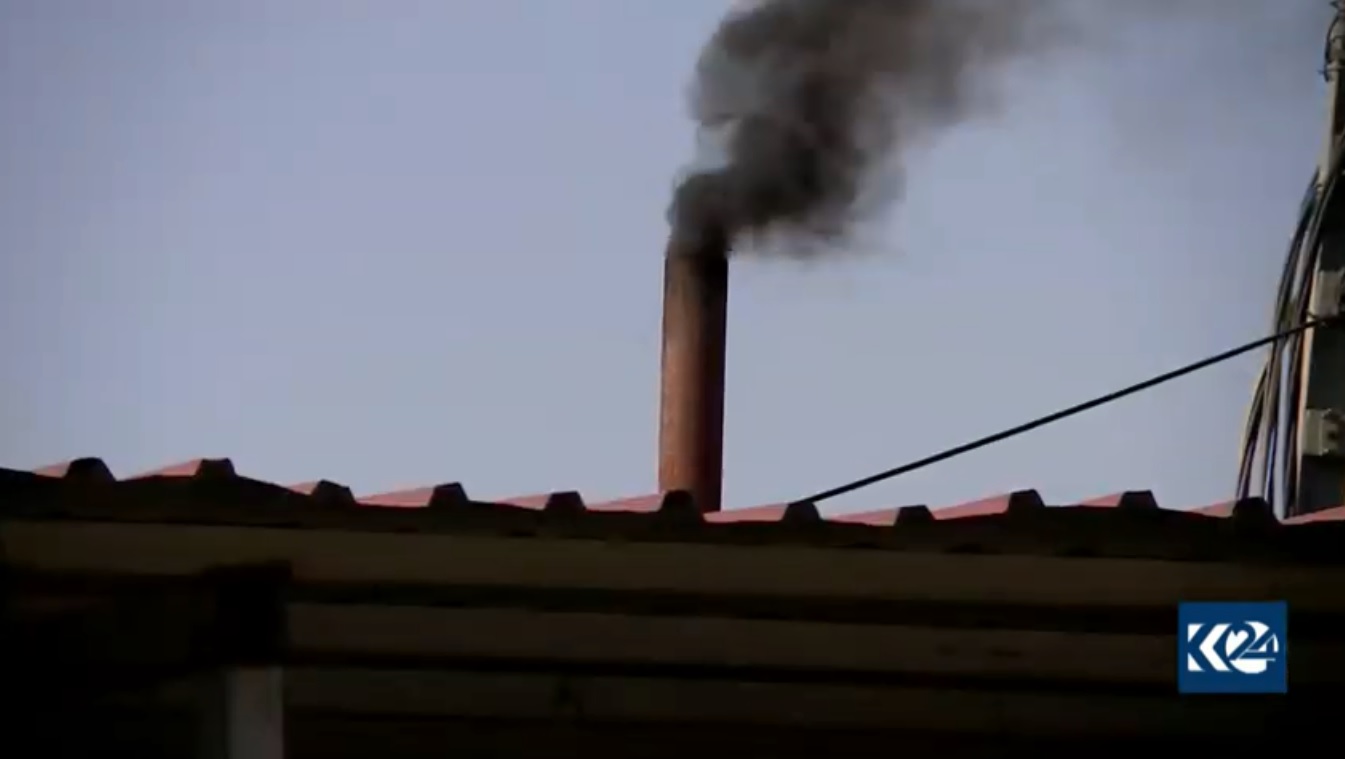Kurdistan officials warn of alarming levels of air pollution in Duhok

ERBIL (Kurdistan 24) – Officials in the Kurdistan Region's province of Duhok warned on Thursday that electric generators, industrial facilities, and the increasing number of vehicles pose a serious threat to both the environment and residents' health.
"In comparison to the previous four years, Duhok's environment this year has seen increasing amounts of pollution," Mohammed Taher, the director of Duhok's Environment Protection Department, told Kurdistan 24. "The main reason is the industrial refineries and generators, with the refineries not operating according to standard regulations."
"Furthermore, we have more than 2,000 registered generators in Duhok, without even counting private ones used in hotels and by residents," he added.
Private physician Dr. Bayram Taher told Kurdistan 24 that the effects "can be immediately felt by the public, especially those who have chronic respiratory diseases."
He added that high levels of toxins in the air "create health difficulties and can even cause cancer, depending on the concentration of air pollution in a given area."
Hakar Harury, a representative of neighborhood generator operators in Duhok, said, "The high number of private and public generators, along with the low quality of diesel in the Kurdistan Region, are two of the main factors contributing to the air pollution."
According to Harury, whose duties include speaking on behalf of operators to the government and coordinating the procurement of diesel fuel that runs the generators, "A higher quality of diesel can substantially reduce air pollution in Duhok."
As demand for electricity continues to grow in the province, its residents have recently expressed concern that increasing the number of generators is still seen as the favored solution to power shortages, rather than exploring more modern and eco-friendly substitutes that are available.
So far, renewable energy remains unpopular and underutilized in the Kurdistan Region and Iraq despite local potential for the development of solar and wind power.
Editing by John J. Catherine
